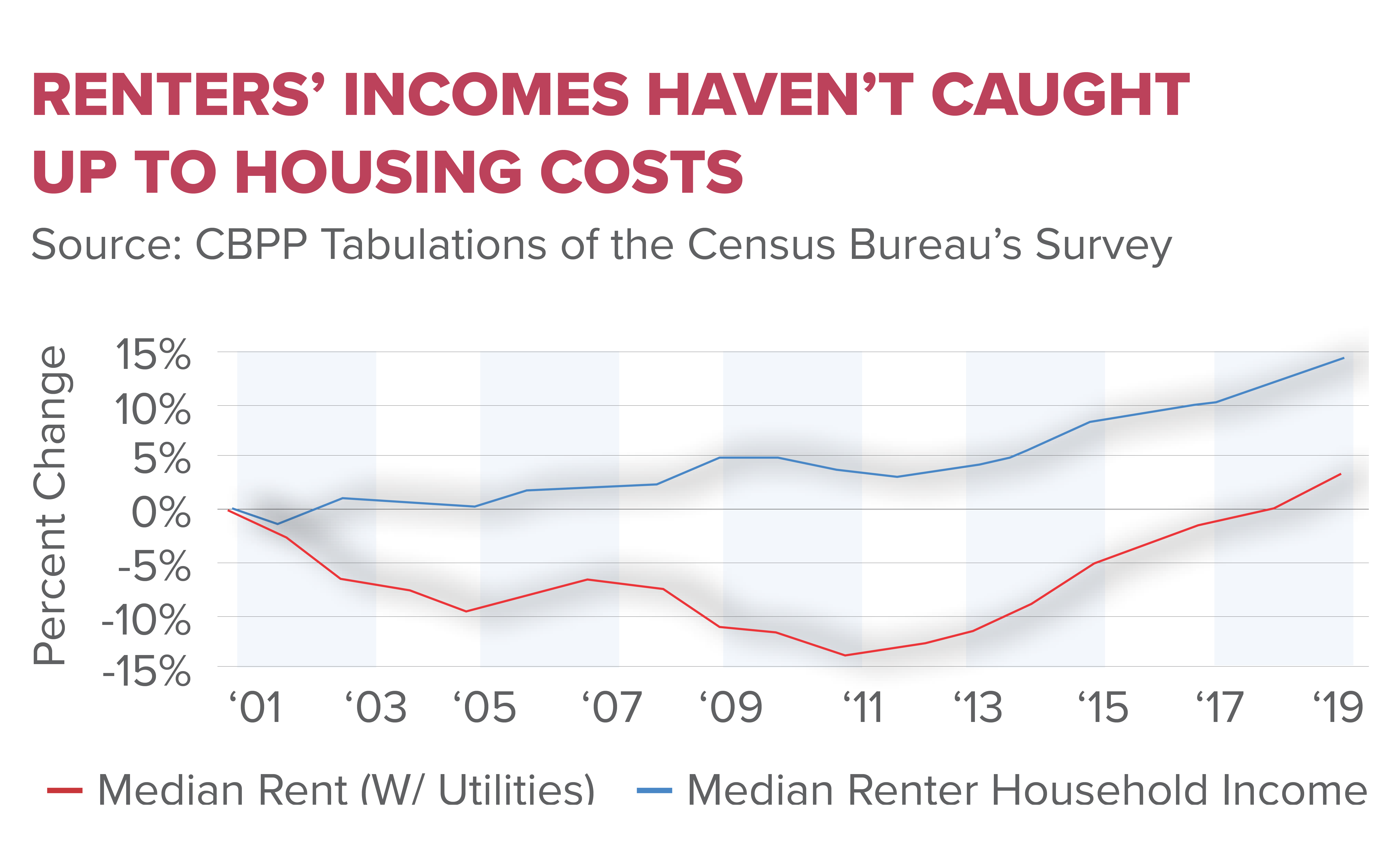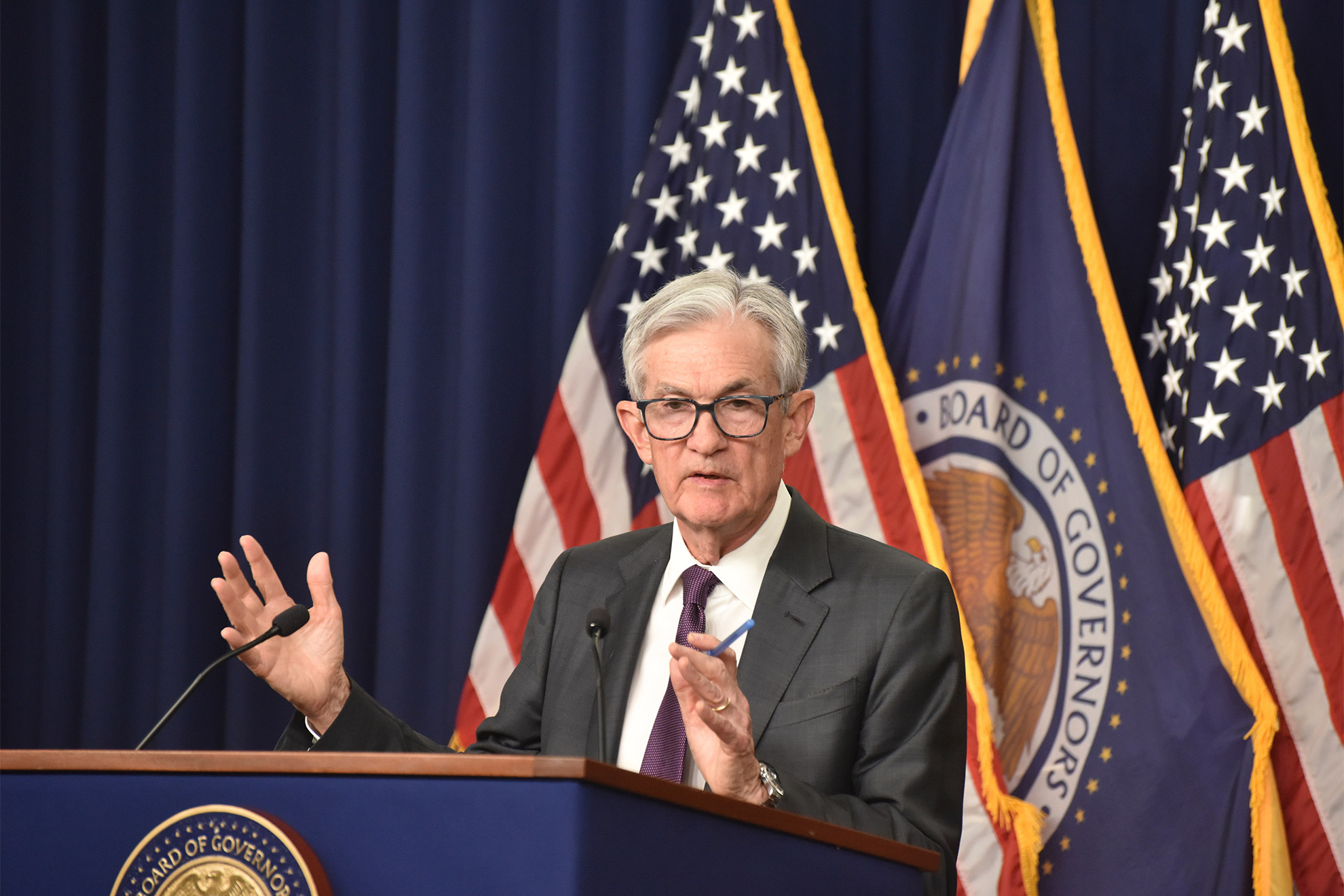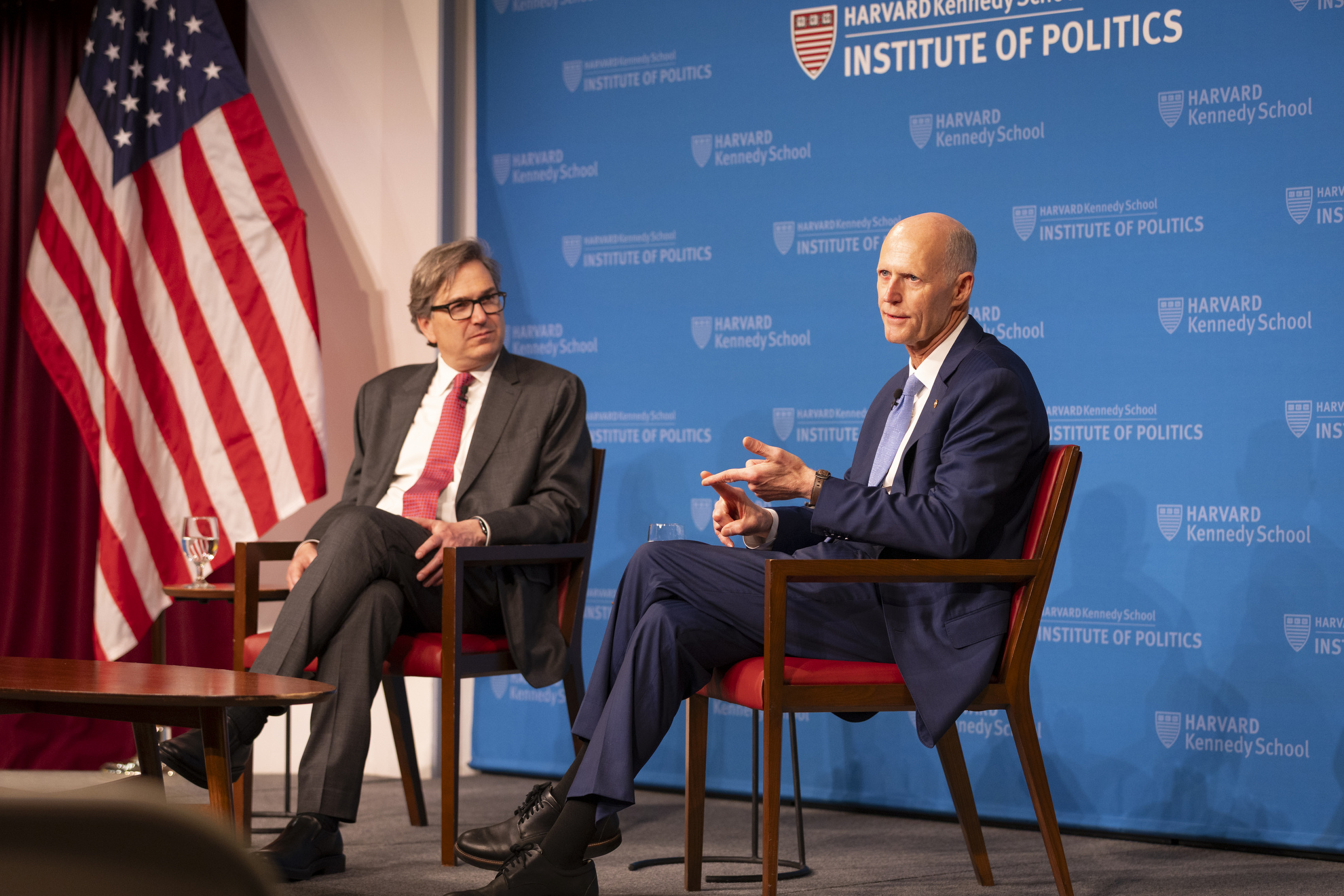In the ongoing debate over tariffs and trade policy, Rick Scott stands out as a vocal advocate for tariffs aimed at supporting American workers and reshaping the U.S. economy. He argues that the implementation of tariffs will create a more equitable playing field, allowing U.S. manufacturers to compete more effectively, especially against nations like China, which he views as a significant competitor. During recent discussions, Scott emphasized that these tariff measures are essential for encouraging the sale of American products without the constraints of foreign barriers. With a notable increase in tariff rates, particularly against Chinese goods, the impact on China trade relations has been profound, leading to retaliatory action and heightened tensions. As the landscape of economic policy evolves, Scott’s position reflects a commitment to protecting American jobs and driving growth through innovative trade strategies.
The topic of trade tariffs has emerged as a pivotal element in the dialogue regarding the U.S. economy, especially as it pertains to the protective measures championed by figures like Senator Rick Scott. By advocating for increased tariffs, Scott seeks to bolster American industry and safeguard the livelihoods of domestic workers against global competition, particularly from countries perceived as economic threats, such as China. This approach is seen as a crucial aspect of current economic policy, with the intention of recalibrating how the U.S. engages with international markets. The implications of this strategy not only underscore the complexities of tariffs but also raise questions about the broader impact on trade relations and economic stability. Efforts to reshape trade dynamics reflect a larger narrative about balancing national interests with effective economic growth.
Rick Scott’s Stance on Tariffs and American Workers
Senator Rick Scott strongly advocates for tariffs as a strategic tool to enhance the economic situation of American workers. He argues that the tariffs imposed during the Trump administration aim to create a more equitable trade environment by pressing other countries to reduce their own trade barriers. According to Scott, this will enable American workers to sell more goods without facing overwhelming competition from foreign markets. He asserts that eliminating these barriers is essential for promoting American products and ensuring that U.S. labor is not put at a disadvantage.
During a recent discussion, Scott emphasized the importance of tariffs in leveling the playing field for domestic labor. His belief is that the U.S. economy can thrive if American workers are empowered to compete without impediments. He views tariffs as a necessary measure against countries like China, which he sees as a significant threat to American economic interests. By maintaining these tariffs, he believes it will encourage domestic manufacturing and stimulate job growth within the U.S., which aligns with his broader economic policy.
The Impact of Tariffs on U.S. Trade Policy
The recent series of tariffs implemented by the U.S. government signals a substantial shift in trade policy that could reshape economic relations with not only China but other nations as well. These measures have sparked considerable debate, with proponents like Rick Scott arguing that they are essential for protecting American workers and reducing the trade deficits. Conversely, critics, including prominent economists, warn that such unilateral actions may lead to retaliatory tariffs, which can escalate into trade wars, ultimately harming the U.S. economy.
As the scenario unfolds, the volatility in global markets following the announcement of these tariffs raises concerns about their long-term effects. Economists have noted the potential for significant impacts on GDP, reflecting how intertwined the U.S. economy is with global financial systems. Understanding the implications of these tariffs is critical, as they could disrupt supply chains, increase consumer prices, and lead to economic uncertainty, thereby affecting American workers and businesses.
China and Its Role in U.S. Tariff Strategy
China, as highlighted by Senator Scott, plays a crucial role in the U.S. tariff strategy. Scott’s belief that America should reduce its trade ties with China underscores the fierce competition between the two nations. He argues that by imposing high tariffs on Chinese imports, the U.S. could pressure China to alter its trade practices, which he perceives as unfair. This perspective aligns with a broader nationalistic approach to trade policy that prioritizes U.S. interests over global cooperation.
The complexities of U.S.-China trade relations involve not only economic considerations but also geopolitical tensions. Scott’s assertion that the U.S. needs to demolish China’s economy to avoid conflict reflects a growing sentiment among policymakers who see China as a principal competitor. This approach risks escalating trade tensions, potentially leading to a cycle of retaliation that could further complicate the already strained trade relations between the two powers.
Economic Consequences of Tariffs for the U.S. Economy
The economic consequences of tariffs are multifaceted, affecting sectors ranging from manufacturing to consumer goods. As uncertainty looms over future trade policies, economists are assessing the potential for inflation as a result of rising costs from tariffs. Proponents like Rick Scott believe in a direct correlation between tariffs and improved domestic production, contending that these measures will foster a more robust economy. However, many economists caution that tariffs could lead to increased prices for consumers, thereby impacting spending and slowing economic growth.
The Congressional Budget Office’s projections concerning national debt highlight the urgency for a comprehensive economic policy that addresses both expenditure and revenue. Tariffs, while intended to protect domestic jobs and industries, may complicate fiscal strategies by introducing new market pressures. The discussion surrounding whether tariffs are beneficial or detrimental continues to evolve, as the repercussions of these policies are deeply intertwined with the overall health of the U.S. economy.
American Worker Empowerment through Tariffs
Empowering American workers is a central theme in the tariff discussions led by Senator Rick Scott. He argues that by imposing tariffs, the U.S. government is signaling to foreign competitors that American products deserve protection and support. This approach is rooted in the belief that American workers can be more competitive if they are not undermined by cheaper imports. The intention is clear: to create an environment where U.S. manufacturing can thrive, ultimately leading to job creation and economic stability.
Scott’s advocacy for tariffs has sparked debate about their effectiveness in achieving this empowerment. While many argue that protecting American industries can lead to job retention, others suggest that such policies might deter innovation and efficiency. The challenge lies in finding a balance where American workers can benefit without imposing heavy burdens on consumers or stifling overall economic growth. The true test of these tariffs will be seen in their capacity to foster a resilient workforce while navigating the complexities of global trade.
Future of U.S. Tariffs and Trade Relations
The future of U.S. tariffs and trade relations remains uncertain, especially as the global market continues to evolve. With increasing pushback against tariffs from various sectors, including farmers and manufacturers who rely on imported goods, there is pressure for a recalibration of trade policies. Senator Rick Scott’s firm stance on maintaining tariffs, particularly against China, suggests a continued strategy of confrontation in trade relations, backed by a belief in eventual negotiations that might lower barriers for American goods.
As the U.S. seeks to redefine its position in global trade, the outcomes of these tariffs will play a pivotal role in shaping future economic policy. Policymakers must consider the long-term implications of continued tariffs on the U.S. economy, American consumers, and trade relations with allies. Balancing protectionism with the need for international cooperation will be crucial to ensure sustained economic growth and stability for American workers.
Evaluating the Success of Recent Tariff Policies
Evaluating the success of recent tariffs implemented by the U.S. government requires a detailed analysis of their economic impact and trade relations outcomes. Supporters like Scott view these tariffs as a necessary force to protect American jobs and counteract unfair trading practices. The primary objective is to enhance the competitiveness of American products and support local economies, particularly in sectors adversely affected by large-scale imports.
However, the economic landscape is rapidly changing, and the effectiveness of these tariffs can be difficult to measure in immediate terms. Potential negative outcomes, such as retaliatory tariffs and increased consumer prices, must also be weighed against the intended benefits. Future assessments will need to consider not just the apparent fiscal effects but also the broader implications for U.S. trade strategies and international relations.
Bipartisan Perspectives on Tariff Policy
Bipartisan perspectives on tariff policy reveal a complex dynamic in U.S. economic discussions. While Senator Rick Scott represents a faction of Republicans who strongly endorse tariffs as necessary tools for American prosperity, there are voices across the aisle expressing concerns about their long-term viability. Some economists and policymakers from both parties argue for more collaborative trade negotiations rather than unilateral tariff implementations, suggesting that engagement would be a more effective strategy in dealing with global competitors.
This divergence in perspectives highlights the need for comprehensive reform in trade policy that reflects shared economic interests. By fostering dialogue between differing viewpoints on tariffs, lawmakers could develop more balanced strategies that protect American workers while promoting healthy international trade relationships. Such approaches may be pivotal in navigating the complexities of modern trade in an increasingly interconnected global economy.
The Role of Tariffs in Protecting U.S. Manufacturers
Tariffs significantly influence the landscape for U.S. manufacturers, serving as both a protective barrier and a point of contention in trade discussions. Senator Scott believes that imposing tariffs on foreign imports is vital for supporting domestic manufacturing. By raising costs on imported goods, tariffs can help level the playing field for American manufacturers, making local products more competitive in the marketplace.
However, the protectionist approach associated with tariffs also raises concerns about potential inefficiencies within industries that become overly reliant on government protection. Critics suggest that rather than fostering innovation, tariffs can create complacency among manufacturers, ultimately limiting their global competitiveness. The challenge lies in ensuring that while tariffs offer immediate protection, they do not hinder progress and adaptation in a rapidly evolving economic environment.
Frequently Asked Questions
What is Rick Scott’s stance on tariffs and trade policy regarding American workers?
Rick Scott believes that tariffs are essential for leveling the playing field for American workers. He argues that by imposing tariffs, the U.S. can pressure other nations to lower their own trade barriers, ultimately enabling American workers to sell more products internationally.
How do Rick Scott’s tariffs affect U.S. economic policy?
Rick Scott’s approach to tariffs is aimed at reshaping U.S. economic policy to favor American workers. He supports the Trump administration’s tariffs as a means to reduce trade deficits and protect U.S. manufacturers, even amidst criticism from some economists regarding potential negative impacts on the economy.
What are the implications of Rick Scott’s tariffs on China trade relations?
Rick Scott has expressed strong concerns about China as a competitor and advocates for aggressive tariffs on Chinese imports to discourage trade. He believes that the U.S. should significantly restrict trade with China, asserting that tariffs are crucial for American economic security and competitiveness.
How do Rick Scott’s tariffs relate to the broader U.S. economy?
Rick Scott argues that the tariffs implemented under the Trump administration are intended to bolster the U.S. economy by protecting domestic industries and workers. However, concerns have been raised about their potential to incite retaliation from other nations and their possible role in contributing to economic downturns.
What are the proposed tariff rates during Rick Scott’s advocacy for tariffs?
During Rick Scott’s advocacy, a 10 percent tariff rate was set for most nations, while China faced an unprecedented tariff rate of 145 percent. These tariffs are part of a broader strategy to revise U.S. trade policy and address trade imbalances.
What concerns does Rick Scott raise regarding inflation and tariffs?
Rick Scott has expressed uncertainty about the relationship between tariffs and inflation. He suggests that controlling inflation may depend more on achieving a balanced federal budget rather than solely on the impact of tariffs.
How does Rick Scott envision the future of tariffs impacting American workers?
Rick Scott envisions that the implementation of tariffs will ultimately benefit American workers by removing barriers and allowing greater access for U.S. products in international markets, leading to potentially expanded job opportunities and economic growth.
| Key Points | Details |
|---|---|
| Rick Scott’s Position on Tariffs | Scott supports tariffs as a means to support U.S. workers and reduce trade deficits. |
| Trade Policy | The tariffs are part of a broader strategy to change U.S. trade policies and encourage other nations to remove their tariffs. |
| Response to China | Scott considers China the primary competitor and opposes trade with the country, advocating for its economic decline to avoid conflict. |
| Economic Impact | The implementation of tariffs has led to market volatility and has been linked to negative GDP growth. |
| Controversy | Economists widely contest the effectiveness of tariffs, citing potential harm to the U.S. economy. |
| Tariff Rates | A 10% tariff is imposed on most nations, while China faces a 145% tariff; China’s retaliation includes a 125% tariff on U.S. imports. |
| Scott’s Fiscal Views | Advocates for a balanced budget and reduced spending to improve national fiscal health. |
| Inflation Concerns | Scott is uncertain about the impact of tariffs on inflation but believes controlling inflation requires a balanced budget. |
Summary
Rick Scott tariffs are a controversial aspect of current U.S. trade discussions, as the senator defends their potential positive impact on American workers. He argues that these tariffs are essential for creating a fair trading environment and reducing the influence of competing economies, particularly China. Despite the backlash from economists who suggest these measures may harm the U.S. economy, Scott maintains that the focus should be on empowering U.S. manufacturing and reducing fiscal deficits. His unwavering stance highlights the ongoing debate over the effectiveness and consequences of such economic policies.










